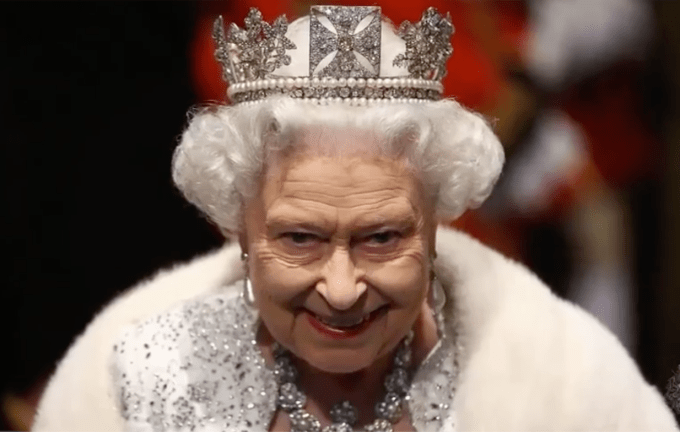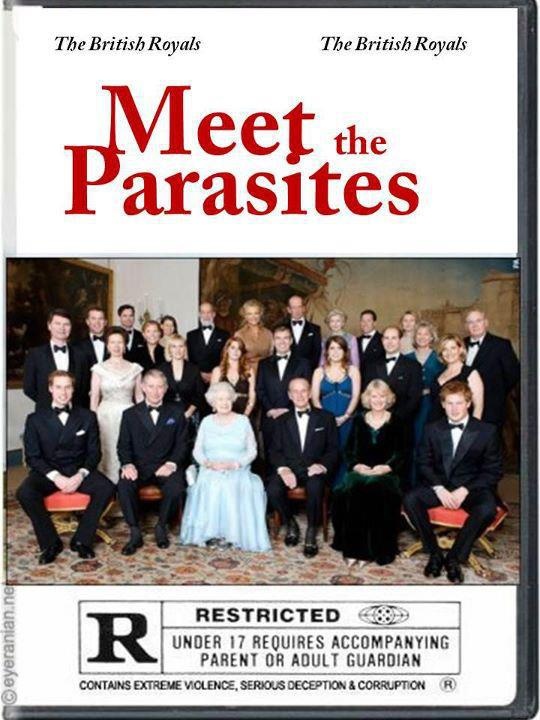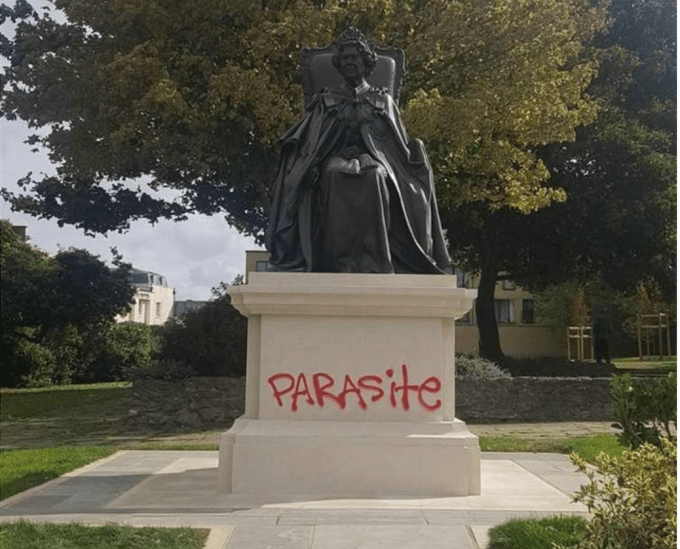The Harvard historian Caroline Elkins stirred controversy with her work on the crushing of the Mau Mau uprising. But it laid the ground for a legal case that has transformed our view of Britain’s past
by Marc Parry
Help us sue the British government for torture. That was the request Caroline Elkins, a Harvard historian, received in 2008. The idea was both legally improbable and professionally risky. Improbable because the case, then being assembled by human rights lawyers in London, would attempt to hold Britain accountable for atrocities perpetrated 50 years earlier, in pre-independence Kenya. Risky because investigating those misdeeds had already earned Elkins heaps of abuse.
Elkins had come to prominence in 2005 with a book that exhumed one of the nastiest chapters of British imperial history: the suppression of Kenya’s Mau Mau rebellion. Her study, Britain’s Gulag, chronicled how the British had battled this anticolonial uprising by confining some 1.5 million Kenyans to a network of detention camps and heavily patrolled villages. It was a tale of systematic violence and high-level cover-ups.
It was also an unconventional first book for a junior scholar. Elkins framed the story as a personal journey of discovery. Her prose seethed with outrage. Britain’s Gulag, titled Imperial Reckoning in the US, earned Elkins a great deal of attention and a Pulitzer prize. But the book polarised scholars. Some praised Elkins for breaking the “code of silence” that had squelched discussion of British imperial violence. Others branded her a self-aggrandising crusader whose overstated findings had relied on sloppy methods and dubious oral testimonies.
By 2008, Elkins’s job was on the line. Her case for tenure, once on the fast track, had been delayed in response to criticism of her work. To secure a permanent position, she needed to make progress on her second book. This would be an ambitious study of violence at the end of the British empire, one that would take her far beyond the controversy that had engulfed her Mau Mau work.
That’s when the phone rang, pulling her back in. A London law firm was preparing to file a reparations claim on behalf of elderly Kenyans who had been tortured in detention camps during the Mau Mau revolt. Elkins’s research had made the suit possible. Now the lawyer running the case wanted her to sign on as an expert witness. Elkins was in the top-floor study of her home in Cambridge, Massachusetts, when the call came. She looked at the file boxes around her. “I was supposed to be working on this next book,” she says. “Keep my head down and be an academic. Don’t go out and be on the front page of the paper.”
She said yes. She wanted to rectify injustice. And she stood behind her work. “I was kind of like a dog with a bone,” she says. “I knew I was right.”
What she didn’t know was that the lawsuit would expose a secret: a vast colonial archive that had been hidden for half a century. The files within would be a reminder to historians of just how far a government would go to sanitise its past. And the story Elkins would tell about those papers would once again plunge her into controversy.
MORE EVIL:
https://www.theguardian.com/news/2016/aug/18/uncovering-truth-british-empire-caroline-elkins-mau-mau
Related posts:
Views: 0
 RSS Feed
RSS Feed
















 September 23rd, 2022
September 23rd, 2022  Awake Goy
Awake Goy 




 Posted in
Posted in  Tags:
Tags: 




















